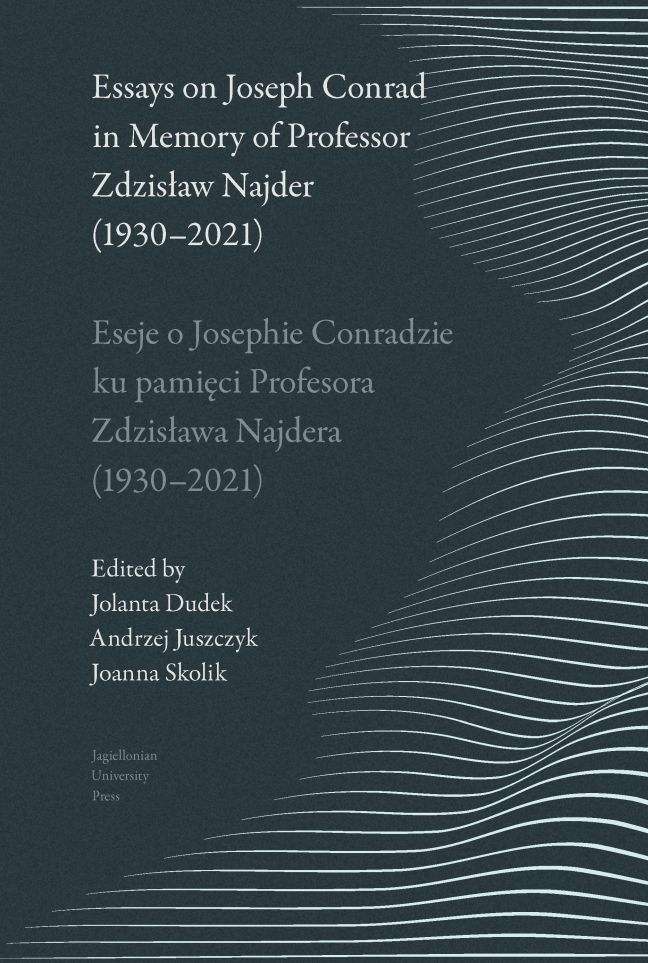Book contents
- Frontmatter
- Contents
- Part I
- Part II
- Bibliografia publikacji i audycji medialnych Zdzisława Najdera o Josephie Conradzie / A Bibliography of Zdzisław Najder's Publications and Media Programmes on Joseph Conrad
- Notes on Contributors / Noty o autorach
- Author Index / Indeks nazwisk
- Miscellaneous Endmatter
Conrad's Language Circles and His Impressionistic Techniques
Published online by Cambridge University Press: 01 March 2024
- Frontmatter
- Contents
- Part I
- Part II
- Bibliografia publikacji i audycji medialnych Zdzisława Najdera o Josephie Conradzie / A Bibliography of Zdzisław Najder's Publications and Media Programmes on Joseph Conrad
- Notes on Contributors / Noty o autorach
- Author Index / Indeks nazwisk
- Miscellaneous Endmatter
Summary
There is a strong correlation between Joseph Conrad's experience of having been part of two historic and cultural communities—or “qualitative frameworks”—and his execution of literary techniques, even if inspired by skepticism towards “community, and the validity of the notion of shared values and meaning.” In this finding, I am especially indebted to John Peters's remarkable monograph Conrad and Impressionism. Taken philosophically, impressionism presumes a world, in which “no universal certainty exists, only the certainty of individuals.” However, if impressionism implies a world inhabited by atomized individuals without shared values, then it diverges from the idea of a “qualitative framework” which, according to Charles Taylor, constitutes identity. Identity “plays the role of orienting us, of providing the frame within which things have meaning for us, by virtue of the qualitative distinctions it incorporates.” A person's identity “exists and is maintained within a language community”—even if that community also gives rise to limitations. As Serajul Islam Choudhury observes, “race, memories, early associations, and all the essential conditions of one's origin” form a “circle of isolation … around one's life.” Since the phrase “qualitative framework” has axiological significance, I propose to encapsulate the frameworks that shaped Conrad's identity, in a broader term “language circles.” A “language circle” does not mean a specific language, Polish, French, or English but discourse at large, including literary tradition, historical experience, and certain dynamism of historical and political thinking that tradition and that experience prompt. In Conrad's case, the language circle of the imperial West overlapped the language circle of the partitioned Poland (still bearing traces of its own imperial past); Conrad himself took pains to stress that Polish culture is “Western in complexion.”
This essay attempts to answer the question, how do Conrad's particular language circles determine or alter his use of impressionistic techniques? It seems helpful at this point to evoke the tenets of impressionism as the “epistemological standpoint.” As such, John Peters observes, the trend saw “all phenomena filtering through the medium of human consciousness at a particular place and time, thereby representing knowledge as an individual rather than a universal experience.” Impressionism appeared in literature by late nineteenth century, signifying the resistance of writers to the positivist “religion of science”; though in fact its methodology was “essentially scientific in its attempt to reproduce exactly the way human beings apprehend objects of consciousness.”
- Type
- Chapter
- Information
- Publisher: Jagiellonian University PressPrint publication year: 2023



